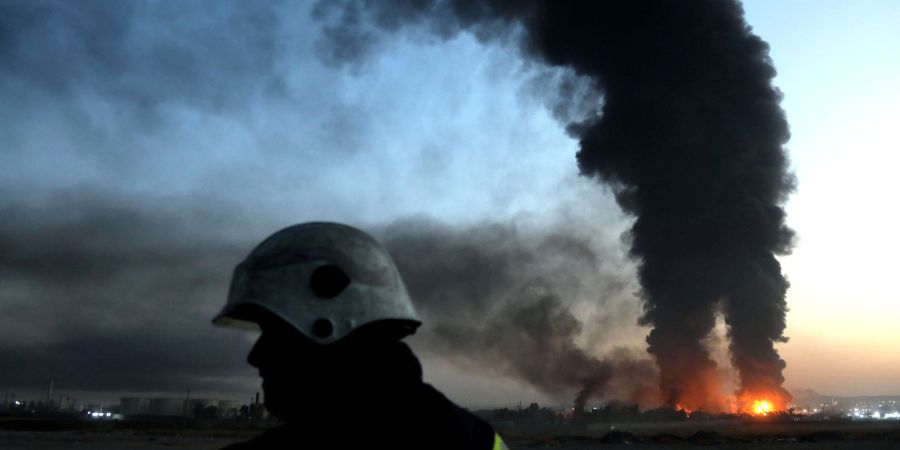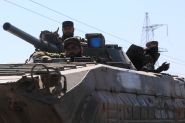Drone Attacks Target Iraq Airport and Oil Field
- 14/07/2025
- 5 comments
- 36
- 125


This is Beirut 14/07 16:05

This is Beirut 14/07 15:35

This is Beirut 14/07 15:30

This is Beirut 14/07 14:40

Badih Karhani 14/07 11:15

This is Beirut 14/07 23:40

This is Beirut 14/07 22:30

This is Beirut 14/07 20:59

This is Beirut 14/07 18:15

This is Beirut 14/07 17:30
Rayan Chami 14/07 18:30
Rayan Chami 14/07 16:25
This is Beirut 13/07 16:05
This is Beirut 13/07 14:26

This is Beirut 14/07 17:30

This is Beirut 14/07 13:30

This is Beirut 14/07 12:20

This is Beirut 12/07 17:25

This is Beirut 11/07 19:55

This is Beirut 14/07 13:55

This is Beirut 14/07 13:00

Bélinda Ibrahim 14/07 10:50

This is Beirut 14/07 10:30

Bélinda Ibrahim 13/07 18:00

Makram Haddad 14/07 18:25

This is Beirut 14/07 14:55

Makram Haddad 14/07 11:35

This is Beirut 14/07 09:45

This is Beirut 13/07 23:05

Bélinda Ibrahim 10/07 15:00

Bélinda Ibrahim 09/07 15:00

Makram Haddad 03/07 22:00

Bélinda Ibrahim 03/07 14:00

Bélinda Ibrahim 02/07 18:00

par Ici Beyrouth, 14/07 23:45

par Ici Beyrouth, 14/07 22:05

par Ici Beyrouth, 14/07 21:50

par Lyne Sammouri, 14/07 21:30

par Ici Beyrouth, 14/07 20:25